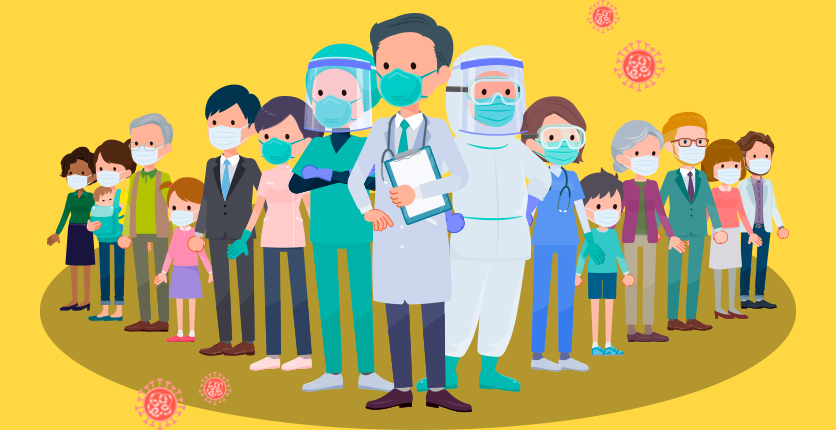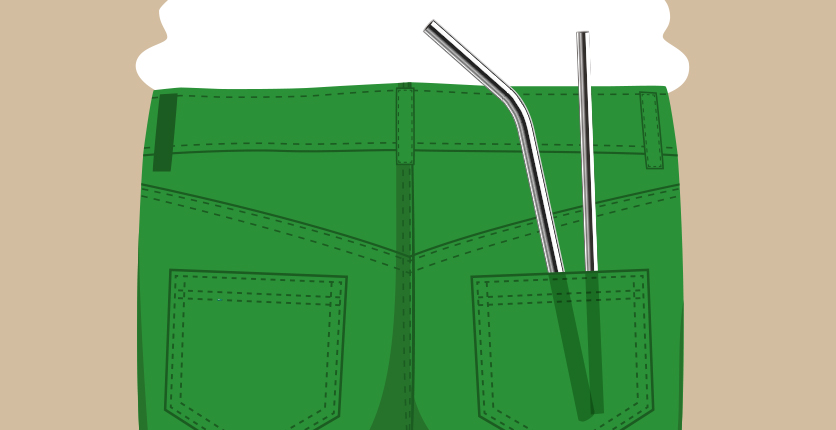I used to think that undergoing National Service was the most eye-opening experience of my life. After all, I did get to witness some incredible stuff, such as a scrawny platoon mate defying the laws of physics by doing 30 chin-ups, a recruit who tried to get a downgrade by pretending to be crazy (he stuck cotton wool on the soles of his feet, shouting “I am the Goddess of Mercy”), and how the wild dogs at camp recoiled in shock after sniffing the combat ration (pack 4: braised duck rice) that I had kindly laid out for them.
But this Covid-19 pandemic has proven to be much more. Never before have I witnessed such a poignant display of solidarity. (At least not since someone offered to take over my Saturday guard duty. For $100.)
It certainly is true that a crisis brings people together. It was remarkable how quickly people banded together to raise funds to help those affected by the pandemic. Many of my friends donated to the Sayang Sayang Fund. Others lent a helping hand to migrant workers. A few even helped to sew masks that were distributed to vulnerable communities.
I was also particularly heartened when Liverpool fans banded together to pour scorn on Mawa Man. It’s ironic, isn’t it? The only person who ended up walking alone was the artist. The crisis has obviously also brought people together – physically. Why else were condoms among the first things to be sold out? So we don’t need a small space to make babies; we just needed a CB. Of course I am referring to the circuit breaker.
But there are two sides to a coin. Getting together is not always a good thing during a pandemic. Clearly, many people didn’t understand this and still gathered despite the government advisory. This pandemic has shone a light on our priorities. People in other nations take to the streets to protest what they deem as an encroachment on their freedoms.
On the other hand, Singaporeans are taking to the streets to buy bubble tea. While getting to spend more quality time with your family members is a good thing, getting to spend too much time with them can be detrimental to one’s mental health. This is especially so for those who have to work from home while caring for their children.
I still remember the conversation I had with my pal Balvinder, who had to single-handedly care for his son while working from home (his wife is a medical frontliner). “I’ve never gotten a call from the teacher before, but just a few days into home-based learning, Altaf’s form teacher called to complain!” he lamented.
“Aiyoh, how does a kid even get into trouble when he’s not at school?” I said. “I know, right? But truth be told, I was actually quite impressed with his little stunt.”
“What did he do?”
“During online learning, he switched off the video function and pretended that there was a connection problem.”
“So smart. And how did his teacher find out?”
“He tried too hard – he changed his display name to VIDEO ERROR.”







